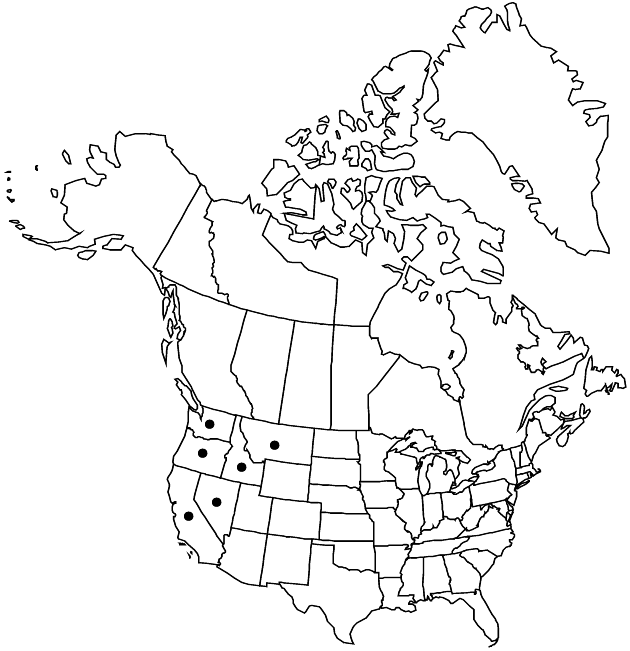Difference between revisions of "Stenotus lanuginosus"
Erythea 2: 72. 1894.
FNA>Volume Importer |
FNA>Volume Importer |
||
| Line 8: | Line 8: | ||
}} | }} | ||
|common_names=Woolly goldenweed | |common_names=Woolly goldenweed | ||
| − | |basionyms={{Treatment/ID/ | + | |basionyms={{Treatment/ID/Basionym |
|name=Haplopappus lanuginosus | |name=Haplopappus lanuginosus | ||
|authority=A. Gray | |authority=A. Gray | ||
| + | |publication_title=in C. Wilkes et al., U.S. Expl. Exped. | ||
| + | |publication_place=17(2): 347. 1874 (as Aplopappus) | ||
}} | }} | ||
|synonyms= | |synonyms= | ||
| Line 59: | Line 61: | ||
|publication year=1894 | |publication year=1894 | ||
|special status= | |special status= | ||
| − | |source xml=https://jpend@bitbucket.org/aafc-mbb/fna-data-curation.git/src/ | + | |source xml=https://jpend@bitbucket.org/aafc-mbb/fna-data-curation.git/src/f6b125a955440c0872999024f038d74684f65921/coarse_grained_fna_xml/V19-20-21/V20_384.xml |
|tribe=Asteraceae tribe Astereae | |tribe=Asteraceae tribe Astereae | ||
|genus=Stenotus | |genus=Stenotus | ||
Revision as of 18:42, 24 September 2019
Plants loosely cespitose, 4–31 cm; taproots branched, poorly developed. Stems villous to lanate, eglandular or densely stipitate-glandular. Leaves basal; petioles slender; blades 3-nerved, linear to narrowly oblanceolate or spatulate, 24–70(–100) × 1.5–9 mm, pliable (abaxial faces ± plane), bases attenuate, margins eciliate, eglandular, apices acute to obtuse, faces villous to lanate (trichomes multicellular), or glabrous adaxially, and/or stipitate-glandular. Heads borne singly. Peduncles 20–155 mm, usually lanate at least immediately proximal to heads, sometimes stipitate-glandular. Involucres broadly campanulate to hemispheric, 13–28 × 9–15 mm. Phyllaries 18–37(–64) in 2–3 series, 1- or 3-nerved, scarcely unequal, outer lanceolate to narrowly oblong, 7.5–11.5 × 1–3 mm, mid and inner lanceolate, 8–12.5 × 1–4 mm, proximally rather indurate, distally herbaceous and pliable, margins scarious, sometimes broadly so, often fimbriate, wholly green except for margins or with narrow green portions longer than broad, apices acute to acuminate, abaxial faces villous and/or stipitate-glandular. Ray florets 9–17; laminae elliptic, 8–14 × 2.5–7 mm. Disc florets 30–45(–57); corollas funnelform to narrowly vase-shaped, 5.5–8.5 mm, tubes sparsely hairy, lobes 0.7–1.4 mm, ca. 1/8–1/6 length of corollas; anthers 2.5–3 mm, style-branch appendages subulate to broadly lanceolate, 0.6–1.4 × 0.7 mm, stigmatic lines 0.6–1.8 mm, lengths nearly 2 times appendages. Cypselae 2.5–5(–6.5) mm, lengths 2/3 disc corollas, faces thinly sericeous; pappus bristles 40–50, 5–9.5 mm, nearly equaling to slightly longer than disc corollas.
Distribution

w United States.
Discussion
Varieties 2 (2 in the flora).
Selected References
None.
Key
| 1 | Mid phyllaries 2–4 mm wide, scarious margins 0.3–0.7 mm; peduncles lanate proximal to heads, eglandular to sparsely stipitate-glandular | Stenotus lanuginosus var. lanuginosus |
| 1 | Mid phyllaries 1–2.2(–2.4) mm wide, scarious margins 0–0.2 mm; peduncles villous or glabrous proximal to heads (rarely lanate), usually sparsely to densely stipitate-glandular (rarely eglandular) | Stenotus lanuginosus var. andersonii |